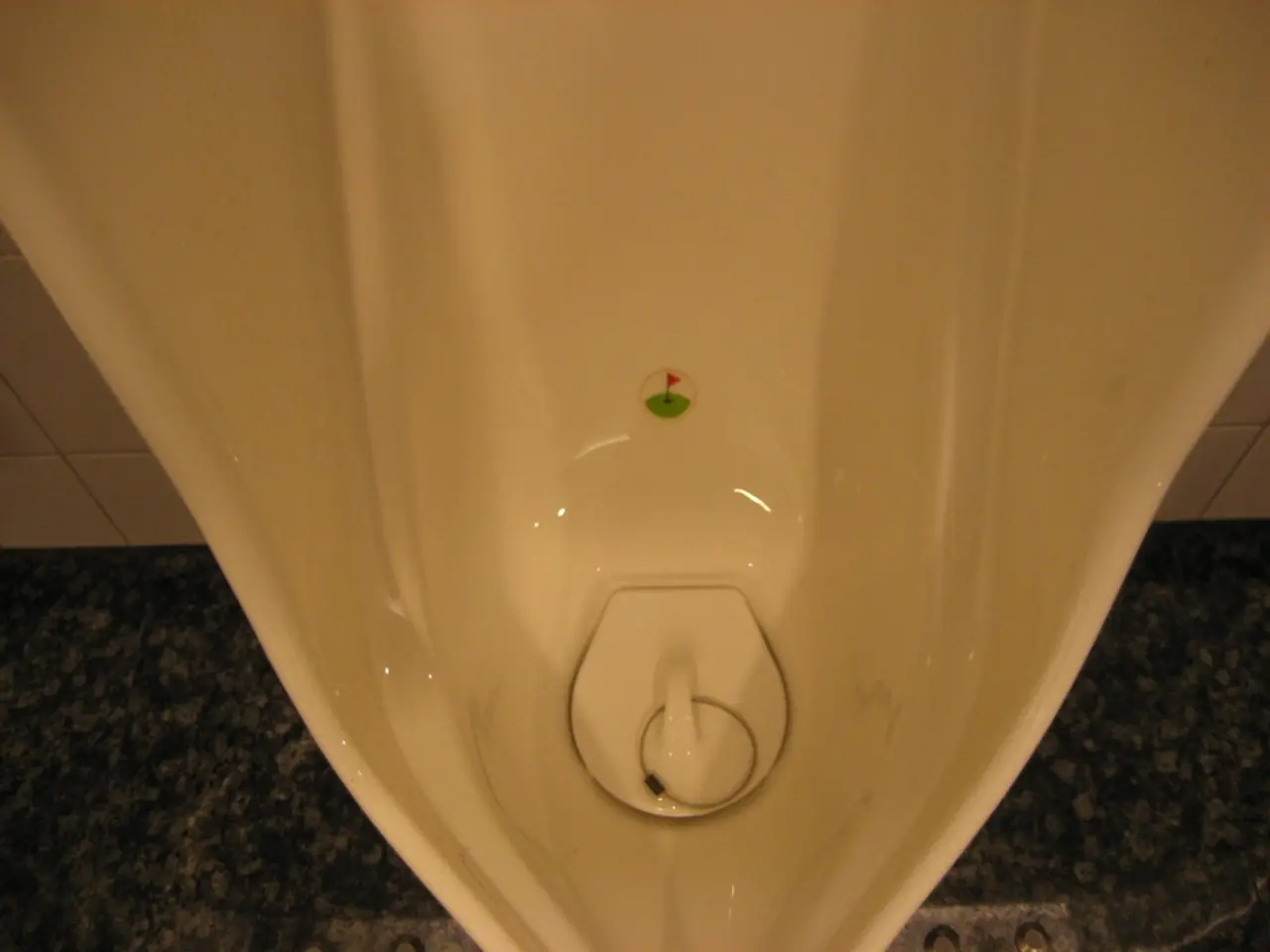Women spearhead transformative movements in Lebanon
In the heart of the Middle East, Lebanon, a country with a population that is over half female, continues to grapple with the underrepresentation of women in political leadership. As of mid-2025, women hold only 21% of cabinet positions, a stark contrast to their numerical majority in the population.
This disparity is not without efforts to address it. The National Commission for Lebanese Women (NCLW) has an ambitious National Action Plan 2024-2026, aiming to increase women's involvement in politics. However, the success of this plan hinges on overcoming financial challenges, securing donor support, and fostering strong coordination and commitment from all involved.
The president of Indeed Better Together, an NGO supporting women and youth, aligns work with the UN 2030 Sustainable Development Goals, focusing on economic empowerment as a catalyst for women. This approach recognises the potential of women's leadership in driving equitable governance.
Two additional draft laws for a temporary legislated gender quota have been submitted by FiftyFifty and are supported by most political parties. These laws, if passed, could pave the way for more equitable representation in parliament.
The minister of state for economic empowerment of women and youth has secured a special parliamentary session to address gender-discriminatory legislation. This session, scheduled for International Women's Day in March 2020, aimed to advance women's rights by tackling key issues such as amending the nationality law, banning child marriage, extending parental leave, and increasing gender representation in corporate leadership.
However, progress on gender equality in political leadership in Lebanon remains critically slow. The country ranks 174 out of 190 countries globally and 15 out of 17 regionally for female parliamentary representation.
To increase women's involvement in Lebanese politics, it's crucial to promote political literacy, challenge gender stereotypes, and support female candidates through mentorship and financial assistance.
The current status and progress of gender quotas for women in Lebanese politics remain limited and ongoing within broader electoral reform efforts. While Lebanon has taken some steps toward increasing women's political participation, including the election of its first female interior minister in 2019, there is no formal gender quota law currently in place to guarantee women's representation in parliament or political leadership.
Recent developments indicate a growing advocacy for electoral reforms that explicitly address women's political representation. The Lebanese Association for Democratic Elections (LADE), with European Union support, launched the "Lebanon Electoral Reform Initiative 2026" focusing on several priorities including enhancing women's political participation and considering gender quota adoption. This initiative is part of a broader governmental and societal effort toward transparency, accountability, and inclusivity in elections.
Despite these efforts, Lebanon still faces challenges rooted in social patriarchal structures and sectarian political traditions that limit women's political opportunities. The existing electoral law, while introducing proportionality allowing some political minorities and progressive independent candidates to gain seats, has not yet translated into improved gender balance in elected offices.
In conclusion, Lebanon is in a phase of active dialogue and planning around gender quotas and increased women's political representation, but concrete legislative adoption and implementation of quotas have not yet been realised. The role of women in Lebanese politics must be taken seriously to build a more inclusive and equitable political landscape. The new government presents itself as a new beginning for youth and women, offering a promising platform for advancing gender quotas and boosting women’s leadership roles in the near future.
- In the midst of international efforts for development and gender equality, efforts to increase women's political leadership in Lebanon, a country with a population predominantly female, are a critical global news topic.
- The National Commission for Lebanese Women (NCLW) has a comprehensive National Action Plan 2024-2026 to boost women's participation in politics, but faces financial challenges, lack of donor support, and the need for strong coordination and commitment from all parties involved.
- To combat this issue, two draft laws proposing temporary legislated gender quotas have been presented by FiftyFifty and supported by most political parties, promising a path to more equitable representation in parliament.
- In the arena of health-and-wellness and women's health, the minister of state for economic empowerment of women and youth has focused on amending gender-discriminatory legislation, aiming to bring about change on International Women's Day in March 2020.
- Science and leadership converge in the discourse of women's empowerment, as the president of Indeed Better Together, an NGO supporting women and youth, aligns work with the UN 2030 Sustainable Development Goals, recognizing the potential of women's leadership in driving equitable governance.
- As efforts to increase women's involvement in Lebanese politics continue, an ongoing challenge emerges from deeply ingrained social patriarchal structures and sectarian political traditions that limit women's opportunities, hindering the realization of gender quotas and women's representation in political leadership.




